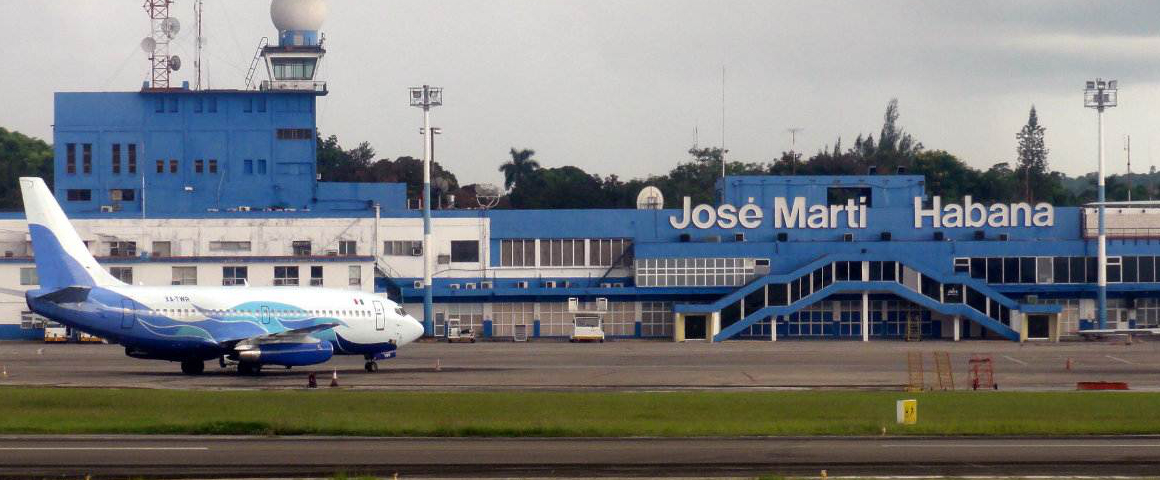Meeting on November 16-17, the Ontario Provincial Committee of the Communist Party of Canada reiterated its demand for the nationalization of General Motors. The committee endorsed the grassroots Green Jobs Oshawa campaign that calls for the conversion of the Oshawa GM plant into a source of sustainable community wealth.
The Communist Party has campaigned on a demand to place transportation manufacturers like GM and Bombardier under public ownership and democratic control, to produce electric passenger, light industrial and mass transit vehicles.
The Communist Party notes that General Motors, which received up to $11 billion from the federal and Ontario governments during the global financial crisis of 2008-09, is now building enormous plants but has announced the closure of the Oshawa facility at the end of this year. This means the loss of 2,300 jobs in the plant and a further 15,000 multiplier jobs across the province. The loss for the city of Oshawa, where GM has been operating for over 100 years, will be devastating.
Unifor, the union representing the workers, reached an agreement with GM to preserve a stamping plant and 200 jobs at the Oshawa site. However, this is hardly sufficient to save auto manufacturing in Ontario, one of the pillars of the provincial economy. With layoffs also announced at the Ford plant in Oakville, and the recent announcement that 1,500 Fiat Chrysler jobs are only safe until April of next year after that company’s merger with Peugeot, the future of auto manufacturing is a major concern for the working class of the province.
People in Oshawa has been resisting this attack by multinational corporations on their financial and social conditions. The Green Jobs campaign calls for production of environmentally-sound electric cars and counts the Canadian Union of Postal Workers (CUPW) among endorsers. CUPW’s Delivering Community Power campaign proposes a fleet of electric vehicles for parcel and letter delivery across Canada.
An economic report into the GM nationalization proposal, written by Ross Christianson, states that an initial government investment of $1.4 – 1.9 billion could break even after only four years and bring a profit to public revenues by its fifth year of production. The project would directly create 2,000 production jobs, as well an additional 10,000 multiplier jobs. Carbon emissions would be reduced by 400,000 tonnes by the fifth year.
Nationalizing Bombardier’s Thunder Bay operations would provide the capacity to produce mass transit vehicles for the entire country. Bombardier has announced the closure of that plant at the end of the year, resulting in 550 job losses.




